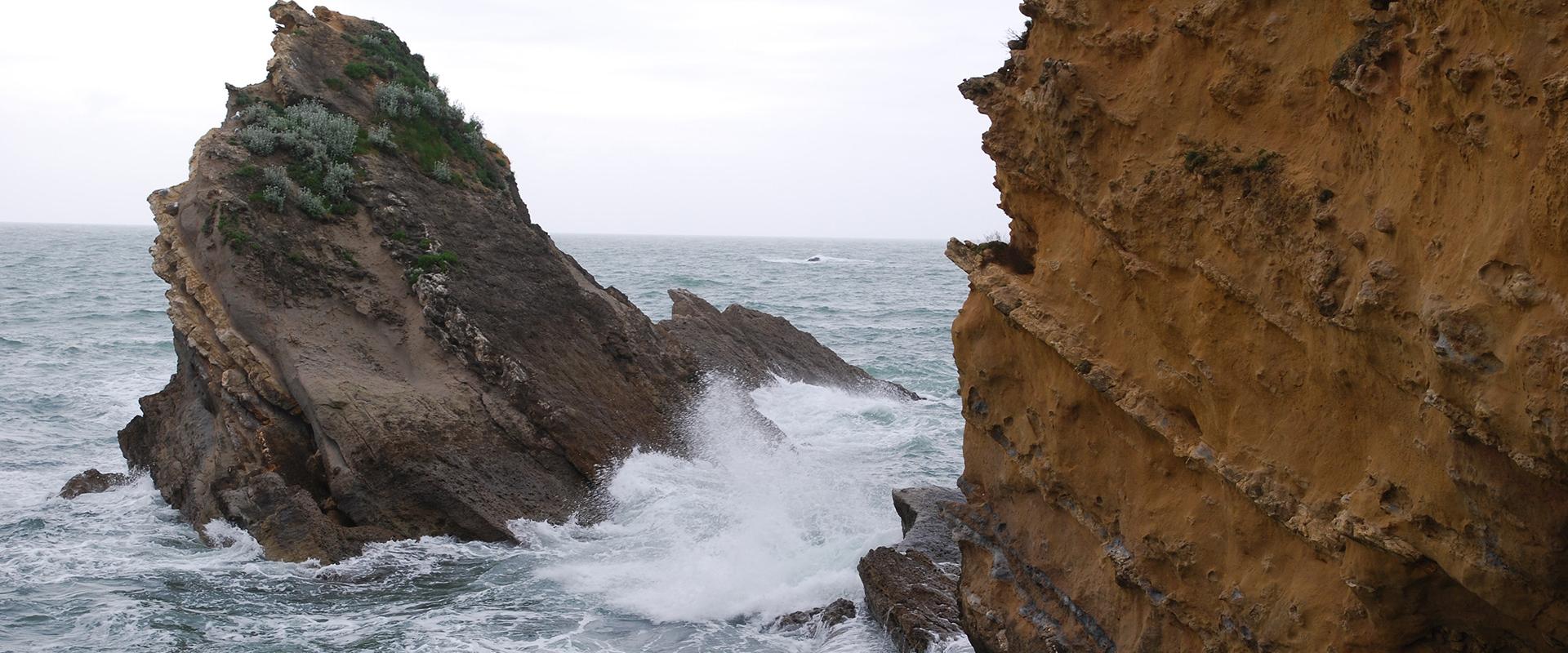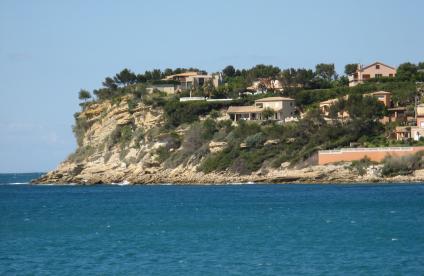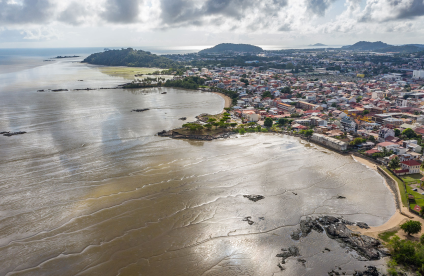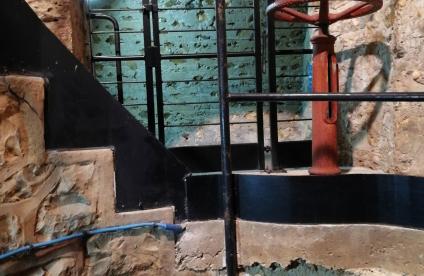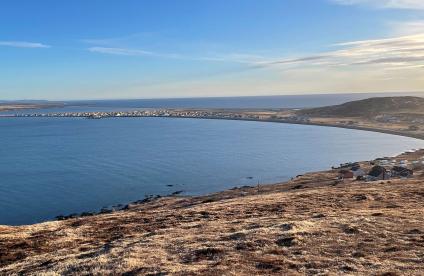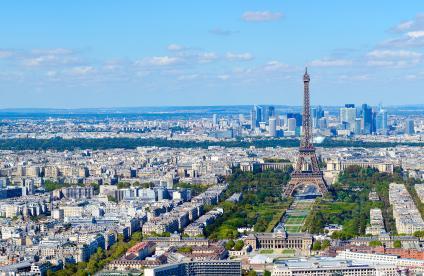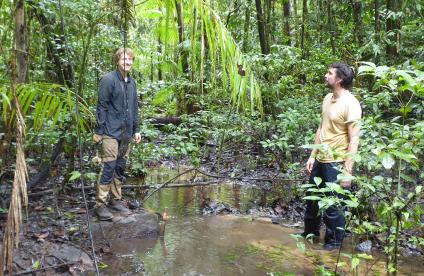Sea-level science – how can we predict sea level rise in the future?
The H2020 PROTECT project, coordinated by CNRS, involves 26 scientific teams in the area of glaciology, sea-level rise, coastal impacts and adaptation.
The project started in 2020 and will run for 4 years. It aims to assess and project sea level changes in the land-based cryosphere, with fully quantified uncertainties, in order to produce robust global, regional and local projections of sea-level rise on a range of timescales.
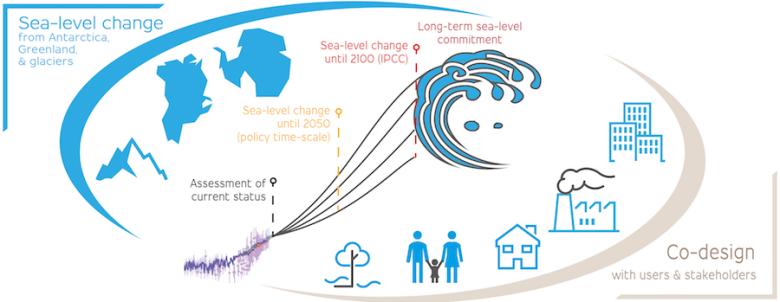
PROTECT will produce sea-level projections and their associated uncertainties on a range of time scales, to support coastal adaptation planning and mitigation policies. Users and stakeholders will co-design the research, forming a closed loop of research and impact.
© PROTECT
Role of the BRGM within PROTECT
Within PROTECT, BRGM is responsible for the WP-2: Co-design and co-production of sea level projections and coastal climate services. This WP aims to design and develop sea-level projections and innovative climate services, together with users which are tailored to their needs.
In fact, for partners concerned with coastal adaptation such as BRGM, participating in PROTECT is not only useful to update coastal impacts models with the latest sea-level projections, but also to share knowledge and feedback with international partners concerned with adaptation to sea-level rise.
PROTECT engages with a wide range of users and stakeholders concerned with adaptation to sea-level rise, such as international coastal adaptation practitioners, planners and decision makers, insurances and investors, and within case studies addressing complementary coastal adaptation settings: coastal communities (The Maldives and Greenland), coastal ecosystems (France) and critical infrastructure (The Netherlands).
Specifically, the French case study is especially focused on the needs of the French Coastal Conservation Agency (Conservatoire du Littoral), which promotes soft adaptation solutions through e.g. the Adapto project. By learning from these complementary settings, we also improve the salience of climate services delivered in France to support public and private adaptation to sea-level rise.

